- Overview
- Symptoms
- Risks, Prevention & Screening
- Tests & Diagnosis
- Types
- Your Breast Cancer Care Team
- Treatment
- Living With Breast Cancer
- Remission & Recurrence
- Advanced Breast Cancer
- Support & Resources
- Appointment Prep
- View Full Guide
Diet Tips for Breast Cancer


The Big Picture
What you eat affects your weight, and obesity raises your odds for breast cancer. If you’ve already had the disease, extra pounds can also make it more likely to return. If you choose a healthy diet -- one rich in vegetables, whole grains, chicken, and fish -- you may boost your chances of living longer after breast cancer. Researchers aren’t sure exactly why that’s true, but the long-term benefits aren’t in doubt.
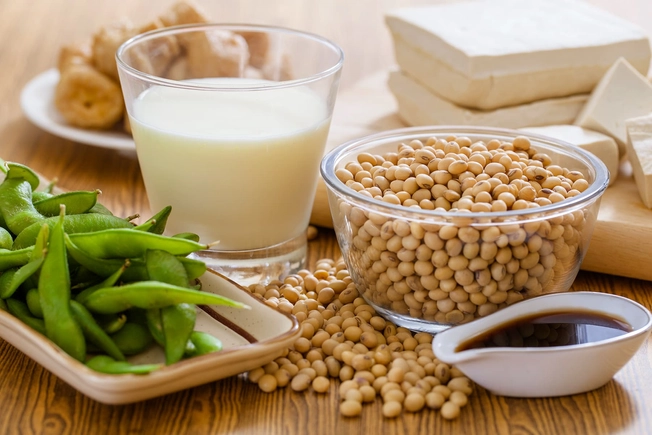
Is Soy Safe?
Soy-based foods -- such as tofu, soy milk, and edamame -- have chemicals called phytoestrogens, which are similar to estrogen. That once raised fears that they spelled trouble for women with breast cancer that uses estrogen as fuel to grow. But the latest studies show soy doesn’t raise cancer risk -- it may even lower the odds the disease will return. Be wary of soy supplements, though. Scientists haven’t studied their effects as much.
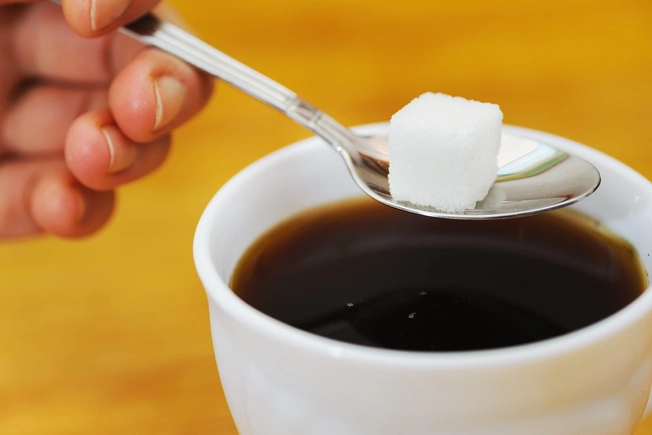
Should You Skip Sugar?
The idea that sweets “feed cancer” has been around for a long time. The truth is more complicated. A spoonful to take the edge off your coffee will not directly make cancer cells grow faster. But it’s still wise to keep an eye on how much you add to your diet. A lot of sugar on a regular basis can lead to obesity and other conditions that make cancer more likely.
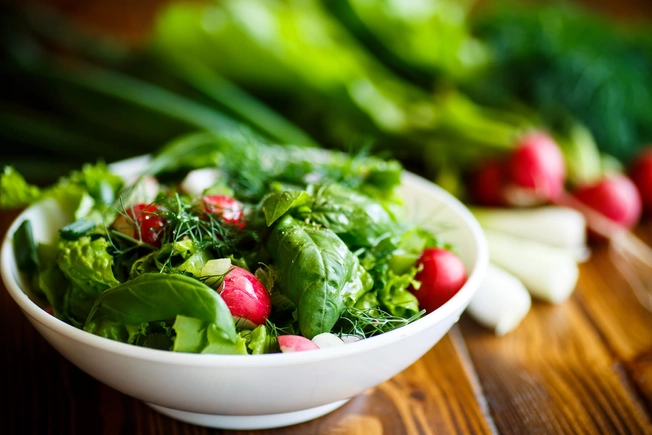
Eat More Produce
If you eat more plant-based foods, you may lower your chances of getting breast cancer. Researchers say this strategy especially may help protect against the most aggressive types of tumors. Fruits and vegetables are also an important part of a diet that will help you control your weight, which is key for keeping breast cancer from coming back.
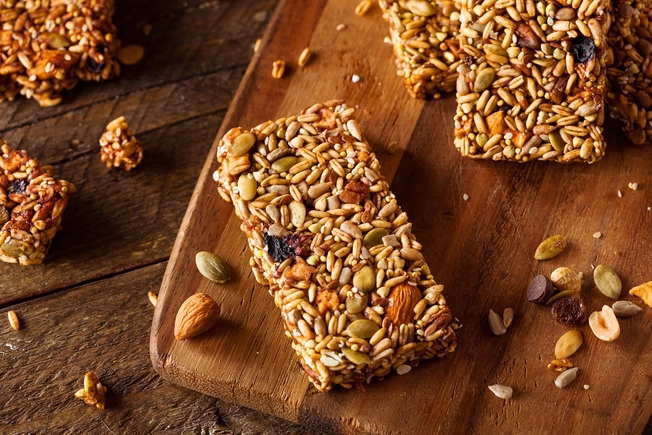
Embrace Whole Grains
When you add unprocessed wheat, rye, oats, corn, bulgur, rice, and barley to your diet, you may be less likely to get breast cancer. These foods have nutrients called phytochemicals that may lower the chances it will return, too. They can also help protect against cardiovascular disease -- and survivors have higher odds, in part because some treatments can damage the heart.

Is Alcohol Off-Limits?
The link between booze and breast cancer is murky. Beer, wine, and liquor boost estrogen in the body, which raises concerns about tumors that are sensitive to that hormone. Some studies say that survivors who have more than one or two drinks a week are more likely to have cancer come back, while other research says moderate drinking may be good for you. The effects may be fairly small either way, so an occasional glass is not an issue.

Is Organic Better?
These foods are grown without pesticides or weedkillers. One highly publicized French study found a link between these products and a lower cancer risk. But the issue is far from settled. The most important thing, scientists agree, is to eat plenty of fruits and vegetables and to wash them carefully to remove the residue of any chemicals.
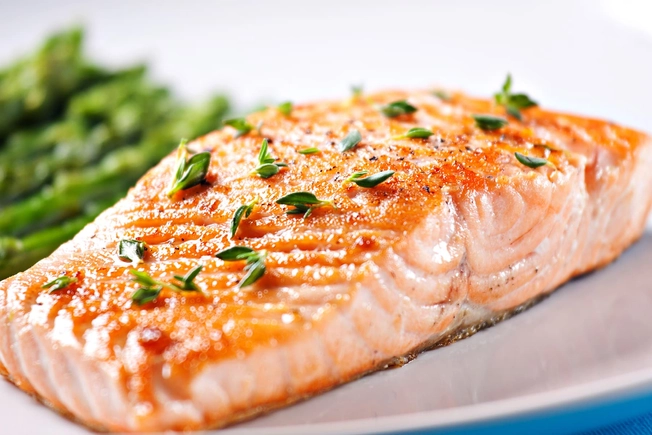
Facts About Fat
Some studies say it may play a role in the growth of breast tumors, but the research is far from clear. Your best bet is to limit saturated fats and trans fats -- which come in foods like beef, butter, cheese, ice cream, fried foods, and commercial baked goods. When it comes to protein, go for lean kinds, such as fish and chicken.

Focus on Fiber
You’ll get this naturally if you eat plenty of whole grains, fruits, vegetables, and legumes. It’s good for your overall health, especially your blood sugar levels, heart, and digestive tract. Some studies have suggested this type of diet can lower your odds of breast cancer. In particular, it may help protect against an aggressive type of tumor.
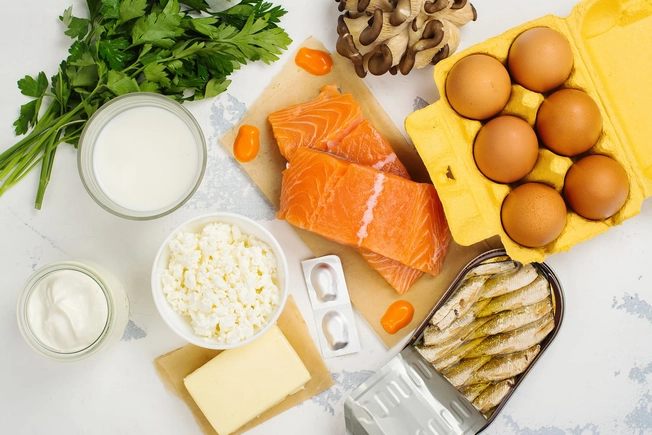
Vitamin D
Studies show a link between low levels of this nutrient and higher chances of breast cancer. It may also play a role in the growth of tumors. Add it to your diet with salmon, oysters, herring, mackerel, and sardines. You can also look for milk, yogurt, and orange juice that have it added in.
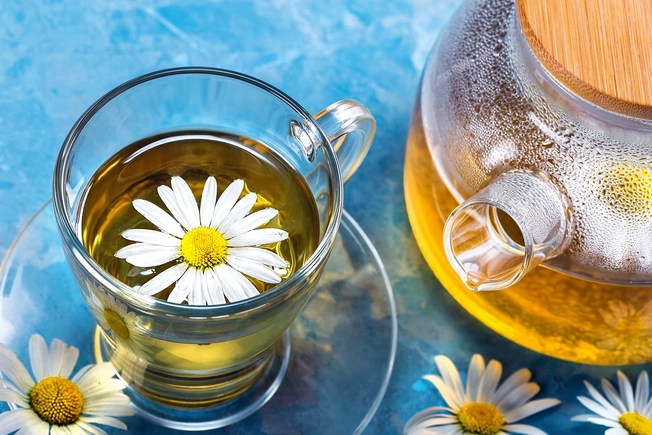
Flavonoids
These chemicals, which you find in certain plants, are linked to lower breast cancer odds. The evidence is strongest for two specific types, flavonols and flavones, especially for women who are past menopause. You can find flavonols in onions, broccoli, and tea. Flavones come in parsley, celery, and drinks with chamomile.
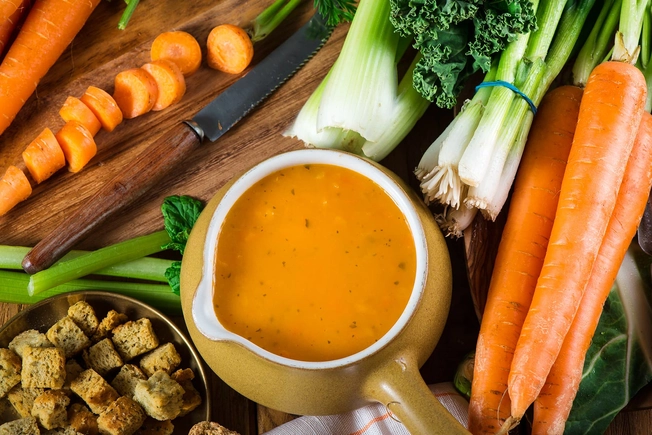
Carotenoids
This is another type of phytochemical in plant-based food linked to lower breast cancer risk. You can get it from orange, yellow, and dark green vegetables and fruits. Look to include more carrots, pumpkins, winter squash, spinach, kale, sweet potatoes, and cantaloupe in your diet. All nutrients should be in the form of food. Carotenoids in supplement form may be dangerous.
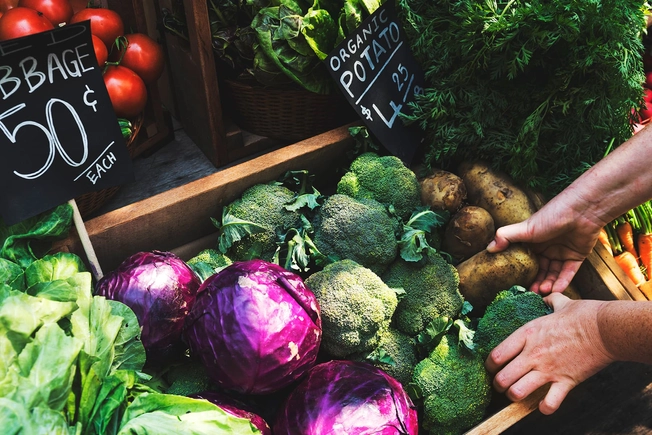
Phenolic Compounds
Studies show these types of chemicals may lower your chances of breast cancer and in some cases slow tumor growth. Add more to your diet in the form of garlic, green tea, soybeans, and flaxseed. Fruits and vegetables that have them include broccoli, cabbage, tomato, eggplant, cucumber, and watermelon.
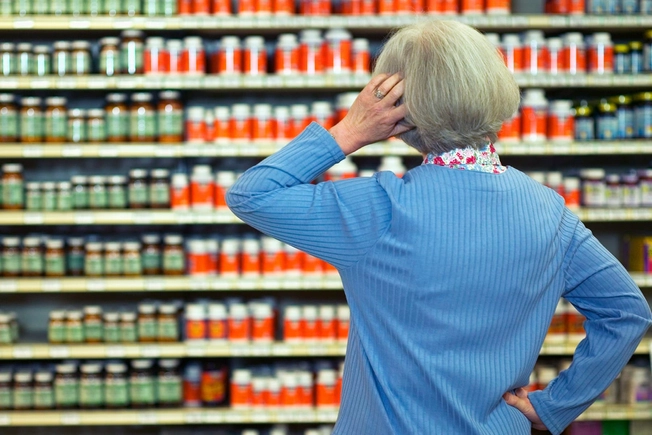
Supplements to Avoid
You may be interested in natural remedies that claim to treat breast cancer and other health problems. But some have plant compounds you should avoid if you’ve had breast cancer. They include red clover, black cohosh, chasteberry, dong quai, evening primrose, and licorice. You should not use any supplements if you have breast cancer unless your doctor says it is OK